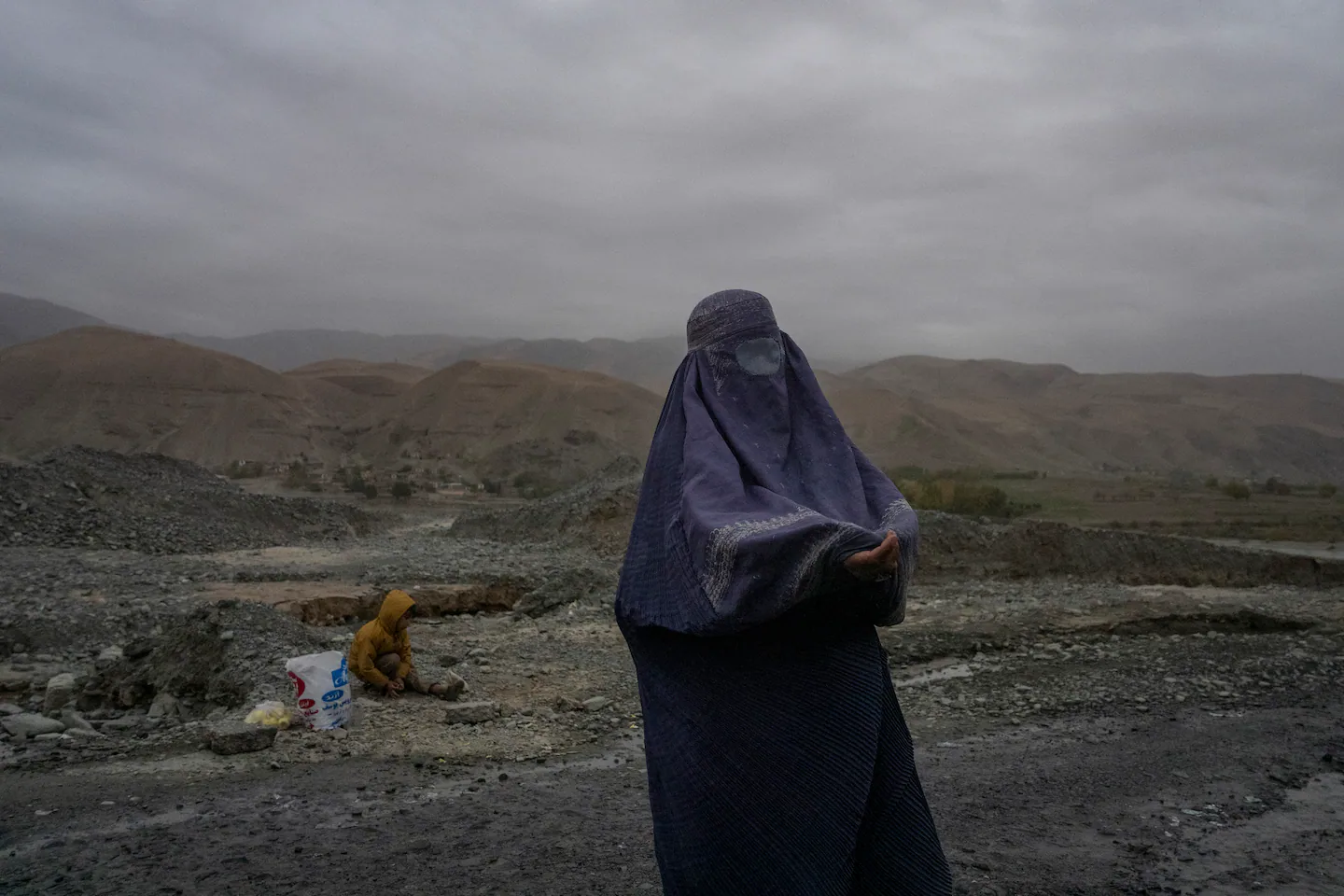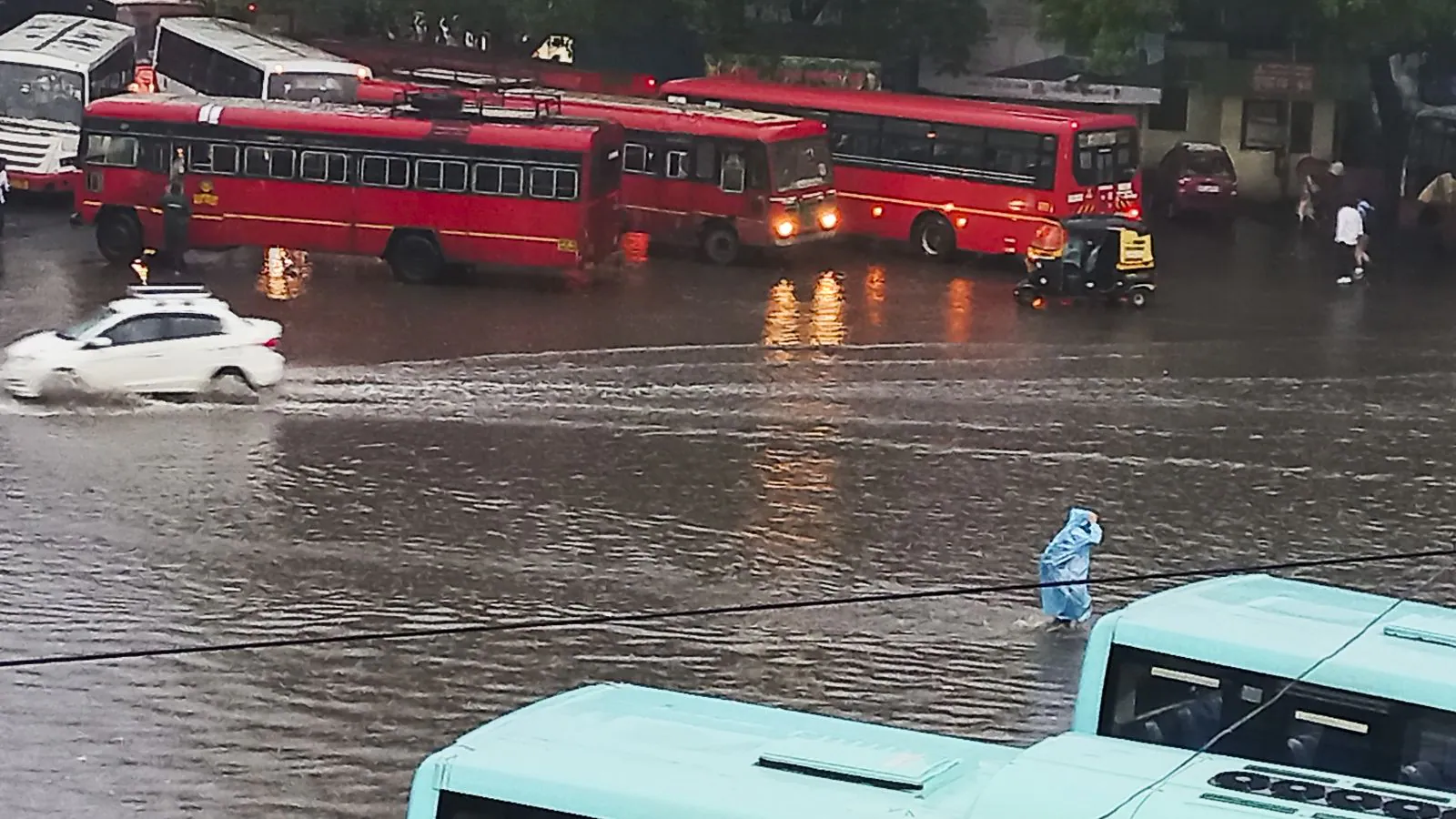
President Trump on Thursday added a new dimension, saying that the United States is working to regain control of Afghanistan’s Bagram air base from the Taliban. “We’re trying to get it back because they need things from us,” he said, suggesting that the base, which the US military left four years ago amid the American withdrawal from Afghanistan, is “an hour away from where China makes its nuclear weapons.”
It was not clear how far talks have progressed. The Taliban government rejected the takeover and has cited previous remarks that it would not tolerate a US military presence in Afghanistan. But that such talks are taking place at all signals how some governments increasingly regard the Taliban as an unavoidable negotiating partner.
“The Taliban are being dealt with as the rulers of Afghanistan, even if recognition has not yet been formally extended,” said Aizaz Ahmad Chaudhry, a former Pakistani foreign secretary.
The Afghan Foreign Ministry did not respond to a request for comment.
Each of the countries engaging with the Taliban has different motives. In Europe, a surge in support for anti-immigrant parties is stoking calls for deportations to Afghanistan, which requires the Taliban’s approval. Many countries, including the United States, share a common enemy with the Taliban: the Islamic State, which has a presence in the Afghan-Pakistani border region as the Islamic State-Khorasan, or ISIS-K. For neighbors, Afghanistan is important as a transit hub and trading partner.
The emerging ties are “a significant strategic victory for the Taliban,” said Michael Kugelman, a senior fellow at the Asia Pacific Foundation of Canada.
The Taliban’s emergence from isolation remains tenuous. While some officials have sought more international outreach, hard-line leaders are pushing draconian restrictions on women’s and civil rights, limiting the extent to which Western governments can publicly engage with them. The regime’s sanctioned foreign minister, Amir Khan Muttaqi, was recently unable to visit Pakistan and India after a UN sanctions committee declined to issue the necessary travel waivers, according to two Pakistani officials who spoke on the condition of anonymity because they were not authorized to discuss the matter publicly.
Meanwhile, many embassies in Kabul remain closed as foreign governments hedge their bets. China has been slow to invest in infrastructure projects of the kind it has rolled out elsewhere in the region.
The Taliban want to be treated as an ordinary government, said Muhammad Amir Rana, a Pakistani political analyst, but the idea remains far-fetched. Among most countries now dealing with them, he said, “engagement is confined mainly to humanitarian aid and migration management.”
For diplomats who witnessed the negotiations that led to the chaotic US withdrawal from Afghanistan in 2021, the past four years have been a disappointment.
Mansoor Ahmad Khan, who was Pakistan’s ambassador to Kabul when the Taliban reclaimed power, said the group’s pledges to work on constitutional rule, good governance, and human rights fueled “a sense of optimism.” Appointees to an initial Cabinet were described as acting ministers. Early crackdowns on women’s rights were framed as temporary.
But in recent months, the regime has dropped the pretense. Hard-line Taliban leader Haibatullah Akhundzada ordered his ministers last month to remove the “acting” designation from their titles.
Foreign diplomats are engaging with the regime anyway, analysts say, because they don’t view the Taliban as a cohesive group.
Few negotiate directly with the hard-liners in Kandahar. Instead, they interact primarily with members of the regime who are seen as more pragmatic, such as representatives of Interior Minister Sirajuddin Haqqani and Defense Minister Mohammad Yaqoob.
Before Thursday’s comments by Trump, the United States appeared to focus primarily on counterterrorism cooperation and efforts to free Americans held in Afghanistan. When Adam Boehler, Trump’s envoy for hostage affairs, visited Kabul to secure the release of US citizen George Glezmann in March, it was the highest-level publicly known contact since the Taliban takeover. Last week, Boehler made a second trip to Afghanistan.
China has stepped in when doing so suited its interests, such as brokering a deal between Afghanistan and Pakistan. Representatives from Kabul and Islamabad, meeting in Beijing in May, agreed to exchange ambassadors after years of deteriorating relations.
Negotiators were driven by a convergence of interests. Afghanistan, which was offered a trade deal as part of the agreement, wanted economic investment to help weather Western sanctions and global aid cuts. Pakistan has been beset by insurgencies, for which it blames the Taliban indirectly. China has grown increasingly frustrated by attacks linked to those insurgencies on its infrastructure projects in Pakistan.



